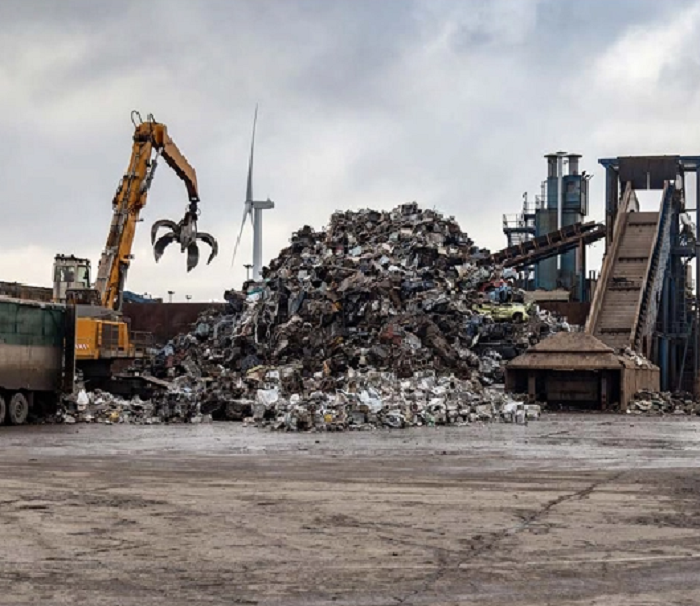In our modern society, the drive for sustainability has become more important than ever before. One area where sustainability is making significant strides is in the field of scrap metal recycling. Beyond the economic benefits, scrap metal recycling plays a crucial role in reducing the environmental impact of metal production and consumption. In this blog post, we’ll delve into the various ways in which scrap metal recycling positively affects the environment, going beyond just the monetary gains.

Energy Conservation
Metal production from raw materials is an energy-intensive process that contributes to greenhouse gas emissions. Recycling scrap metal, on the other hand, requires significantly less energy. According to the Australian. Environmental Protection Agency (EPA), recycling aluminium saves up to 95% of the energy needed to create the same amount of aluminium from raw materials. This reduction in energy consumption directly translates into reduced carbon emissions and a smaller ecological footprint.
Resource Preservation
The Earth’s natural resources are finite, and mining for raw materials can lead to habitat destruction, soil erosion, and water pollution. By recycling scrap metal, we reduce the demand for new mining operations, preserving ecosystems and minimising the negative impact on the environment. This is especially true for rare and precious metals, which can have devastating environmental consequences when extracted from the Earth.
Waste Reduction
Scrap metal recycling also contributes to waste reduction. Metals are durable materials that don’t degrade easily, leading to long-lasting waste in landfills when not properly managed. Recycling metal scraps helps divert these materials from landfills and incinerators, extending their useful life and reducing the need for additional waste disposal sites.
Water Conservation
Mining and processing raw metals often require vast amounts of water, leading to water scarcity in many regions. By recycling metals, we lessen the demand for water in the production process. This, in turn, helps alleviate pressure on local water sources and supports more sustainable water management practices.
Air Quality Improvement
Extracting metals from ores releases pollutants into the air, contributing to air quality issues and respiratory health problems. Recycling scrap metal produces fewer air pollutants and helps improve air quality in communities near industrial facilities. This is particularly important in densely populated areas where the health impacts of air pollution are most pronounced.
Reduction in Greenhouse Gas Emissions
Mining, refining, and processing metals are energy-intensive processes that emit greenhouse gases, contributing to global climate change. By recycling scrap metal, we reduce the need for these energy-intensive processes, leading to a reduction in overall greenhouse gas emissions. This is a critical step in combating climate change and mitigating its adverse effects.
Conclusion
Scrap metal recycling is a prime example of how environmentally conscious practices can intersect with economic incentives. Beyond the obvious financial benefits, recycling scrap metal significantly reduces energy consumption, preserves natural resources, minimises waste, conserves water, improves air quality, and decreases greenhouse gas emissions. As consumers, industries, and governments continue to recognize the importance of sustainable practices, supporting and promoting scrap metal recycling becomes essential for a cleaner, healthier, and more sustainable future.
